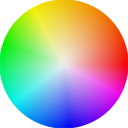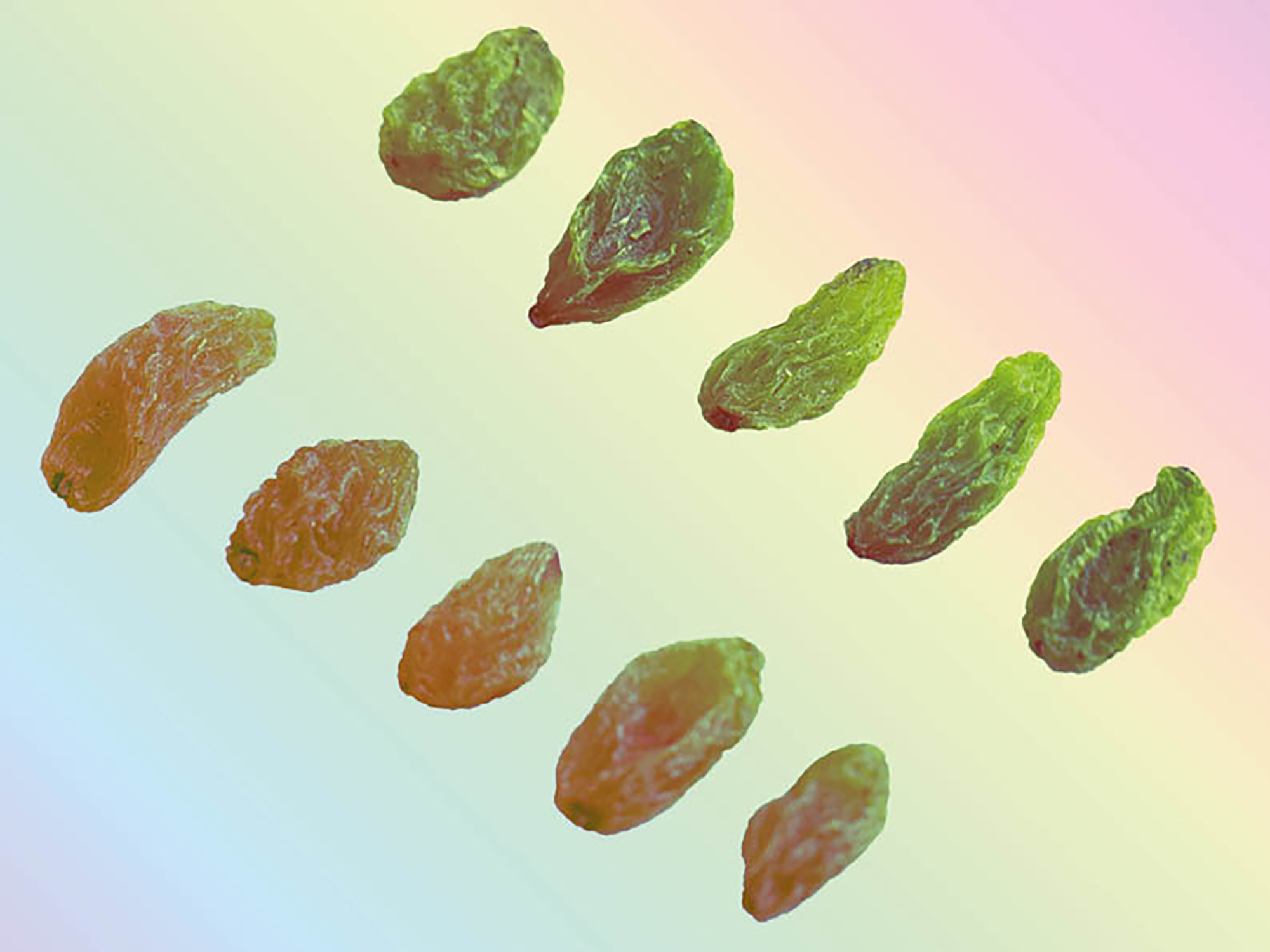The English-language bachelor’s degree programme Cross-Disciplinary Strategies has been offered by the Institute of Arts and Society since the winter semester 2017. The curriculum covers the methods and principles of both art and the humanities, social and natural sciences, and economics and politics, aiming to counter the increasing fragmentation of the sciences and to equip students to deal with the complex social challenges in the 21st century world. The links between knowledge, experience and politics are developed and accessed in practical, artistic and theoretical learning units. Epistemology, methodology and the history of science form the basis on which the approach to specific issues in art, natural sciences and humanities, social and economic history, and current social and political developments is founded. The programme focuses particularly on the fields of artificial intelligence, big data and the social contextualisation of these issues. The introductory year covers principles of programming, statistics, academic work in the form of research and text production, as well as the principles of human rights, the structure of international organisations, artistic practices and current discourses in social sciences and humanities.
In subsequent years of the programme, the curriculum is structured into the following topic groups: science and technology, economics and politics, and artistic strategies on annual topics that deal with global challenges such as migration, medialisation, work, growth, environment, and nutrition. In this phase, students apply the content theoretically and practically in cross-disciplinary annual projects. Students of all semesters work together in order to learn as much as possible from each other with regard to professional and social skills. Instruction formats include classical teaching forms as well as excursions, team teaching, project-based learning, one-on-one meetings, group critiques, internships and reflection on studies. The programme aims to enable students to identify and uncover complex correlations, and to integrate them into cooperative processes of action. At Angewandte Festival students will show project results in a collective digital workspace.
Christine Böhler, Institut für Kunst und Gesellschaft

